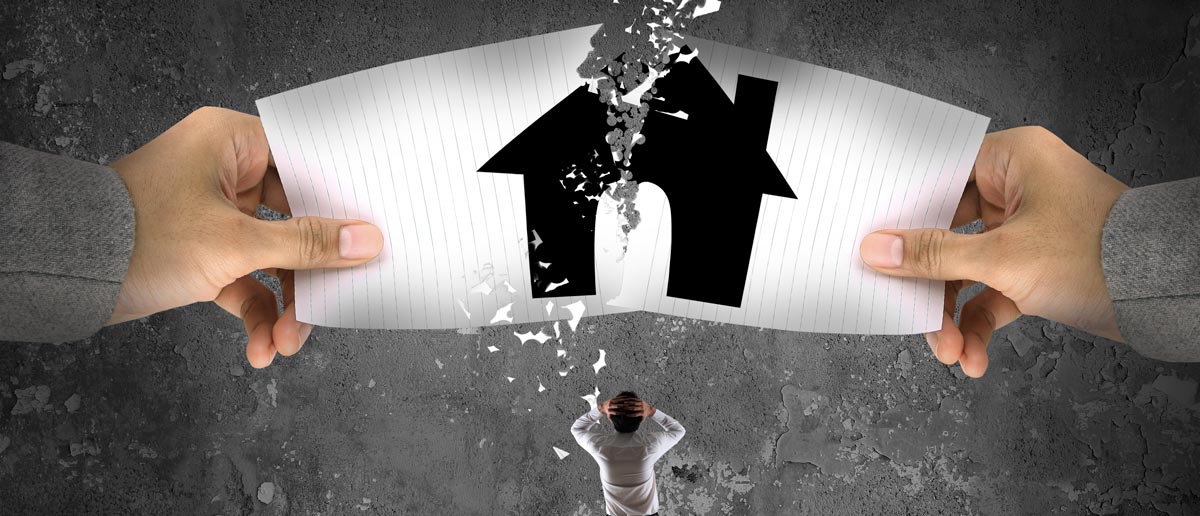Things don’t always go as planned. This is especially true when it comes to house purchases. Whether you’re a buyer or a seller, withdrawing from a transaction after exchanging contracts will result in penalties towards the party that’s at fault. This can make this situation particularly difficult to navigate. After a sale or purchase has been cancelled, the party that isn’t at fault will likely issue a “Notice to Complete”. This will provide the offending party with a 10-day grace period to complete the sale. The offending party may also be liable to pay interest that’s calculated on a daily basis. If the issue still isn’t resolved within the 10-day grace period, the offending party will continue to be in breach of their contract.
This can be a really hairy position to be in for all parties involved. This is doubly true if you don’t have any experience dealing with situations like this. To help make things easier for you, we thought it would be useful to put together a brief article discussing what you need to know if you are ever in this situation. If this is something that you want to know more about, read on as we discuss everything you need to know when pulling out of a house purchase.
The Seller
If the house seller is the one that pulls out of the property purchase, then the buyer is well within their right to issue the Notice to Complete. This makes the seller liable to pay a daily rate of interest. To add to this, the seller will also need to return the buyer’s original deposit.
In the case that the seller wants to fully withdraw from the sale, the buyer is expected to return all the documents that they received from the seller. Take note that the seller has to cover the expenses of having all the documents sent back. If the situation isn’t fully resolved within the 10-day grace period, then the buyer can take the seller to court and demand that they cover any extra financial losses.
The Buyer
If the buyer fails to complete their purchase, the seller is entitled to end the contract. This means the buyer will lose their original deposit. To add to this, the seller can also put forward a claim for any financial losses that they’ve incurred throughout the entire selling process. Take note that this also applies to market depreciation. If the value of the home has decreased since the breach of contract, the buyer that pulled out of the purchase could potentially be required to pay the difference. Lastly, the seller can also begin to re-sell the home while the claims for damages are being sorted out.
Conclusion
Hopefully, this article proves to be useful when it comes to helping you navigate this difficult situation. As you can see, pulling out of a purchase can be rather costly no matter which side you are on. While we’re sure that nobody wants this to happen, it’s important to be prepared for any and all possibilities when it comes to selling or purchasing a home.


